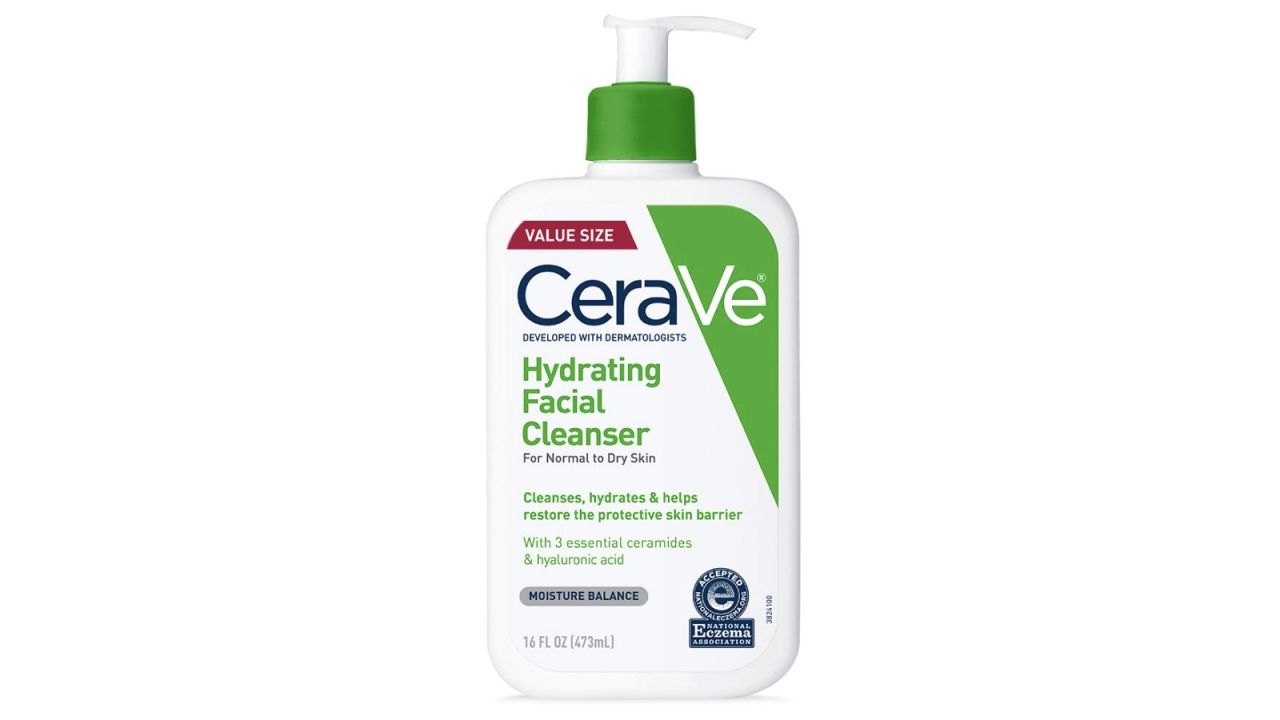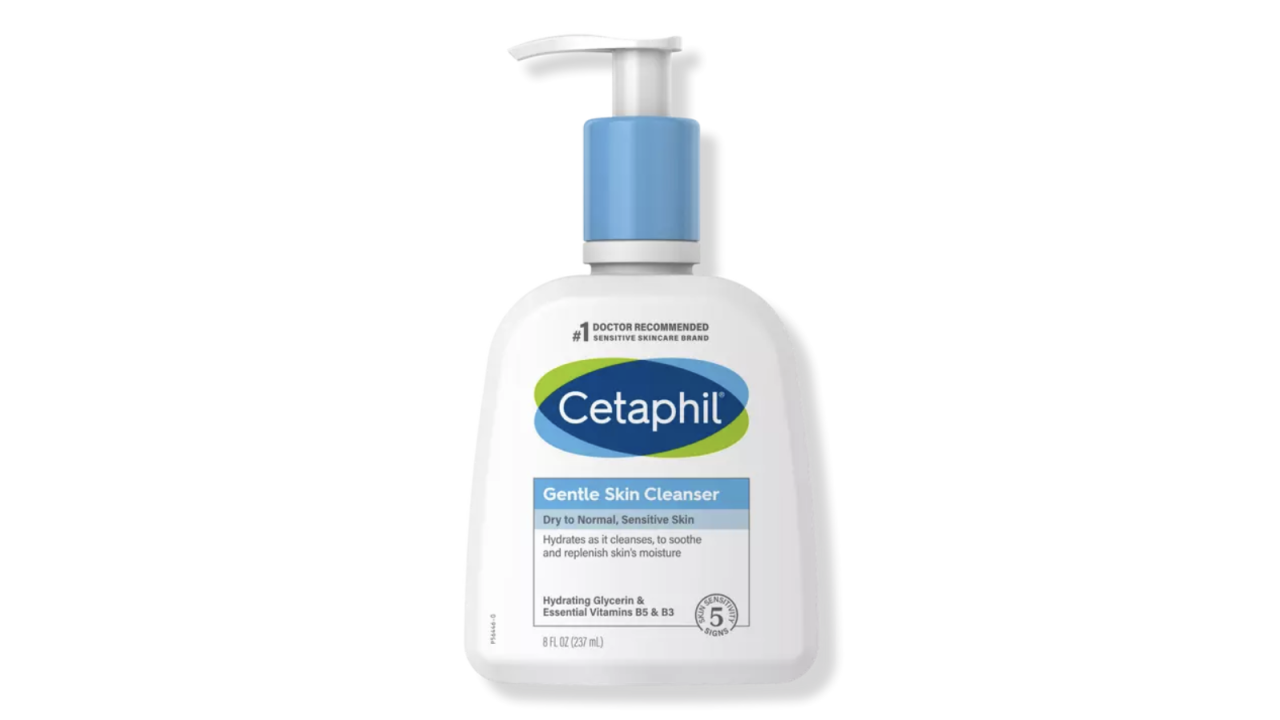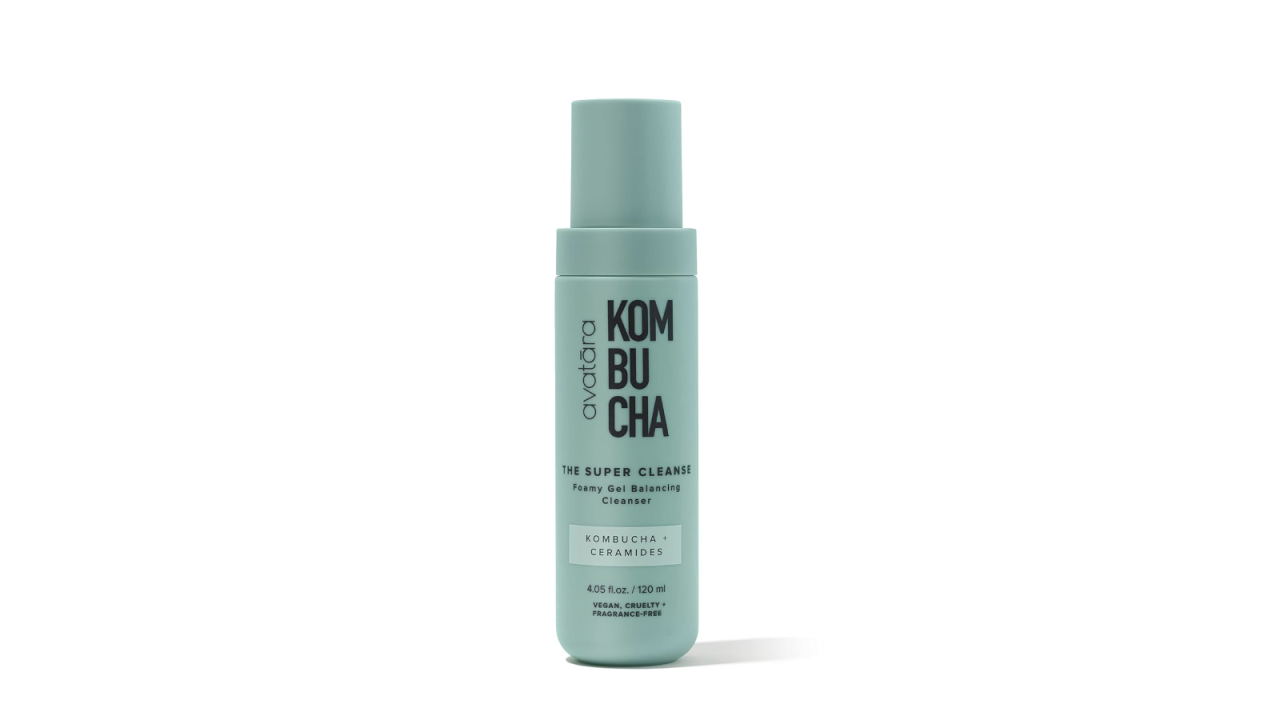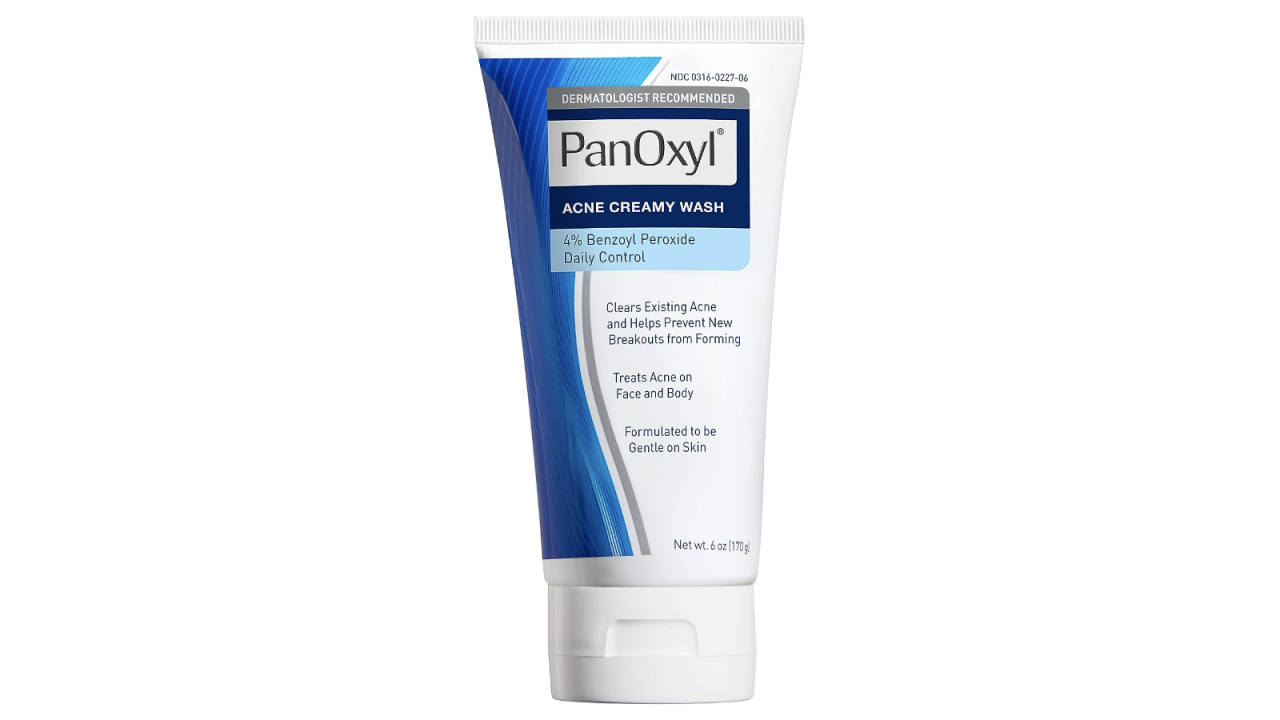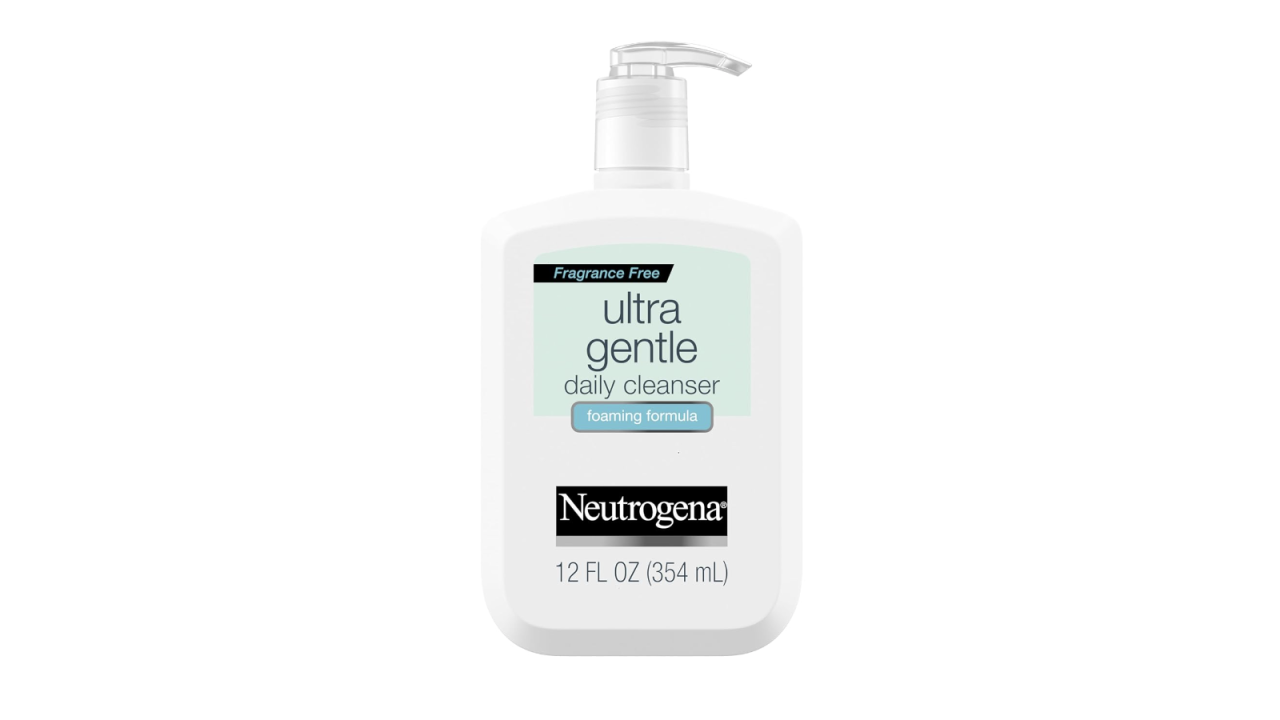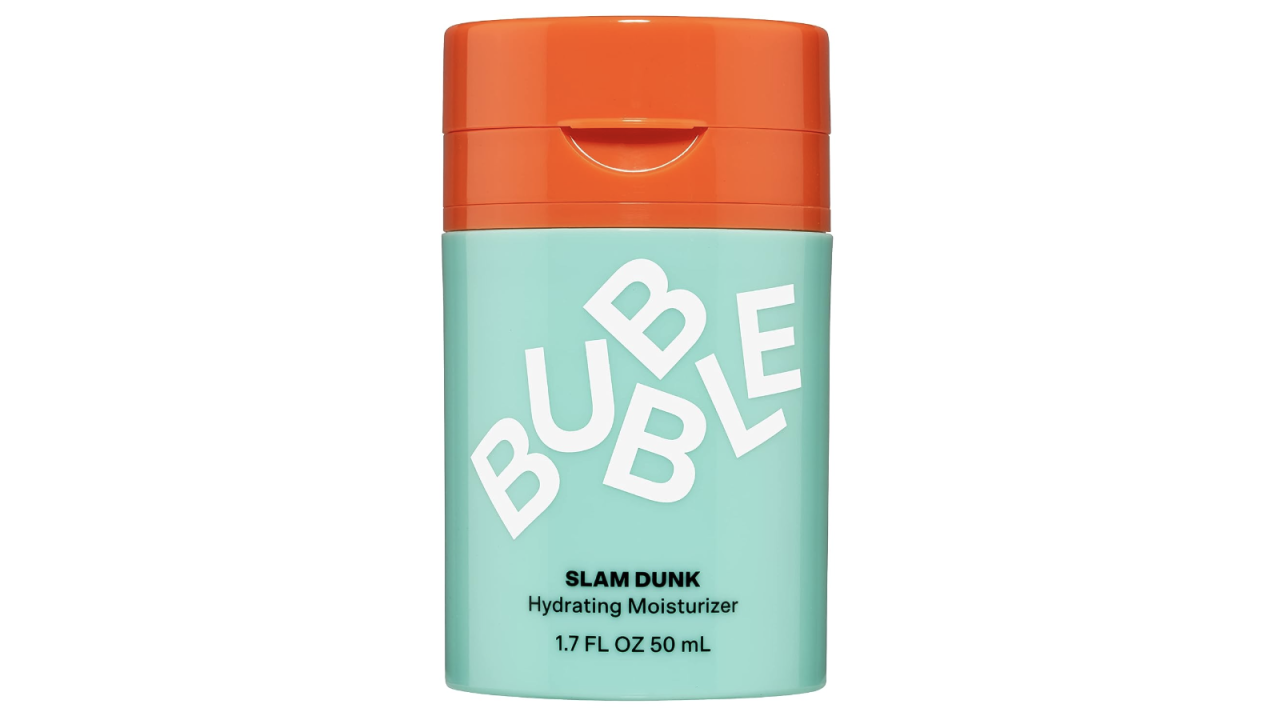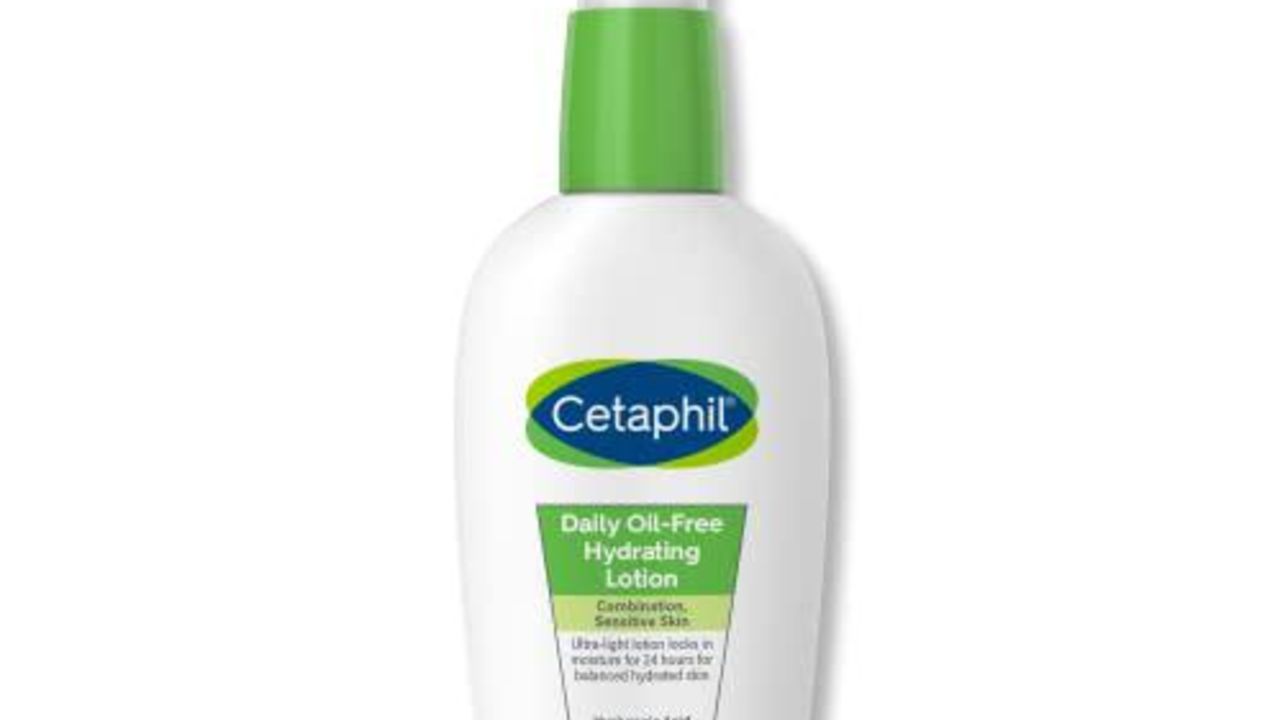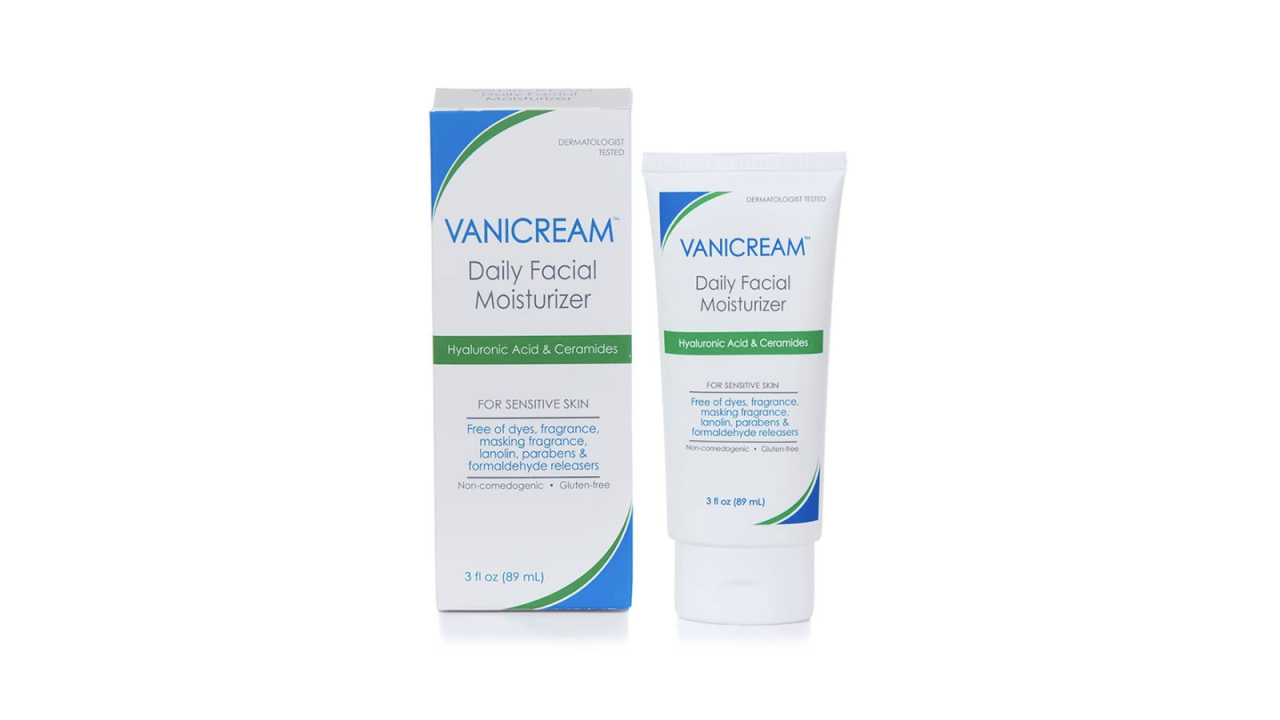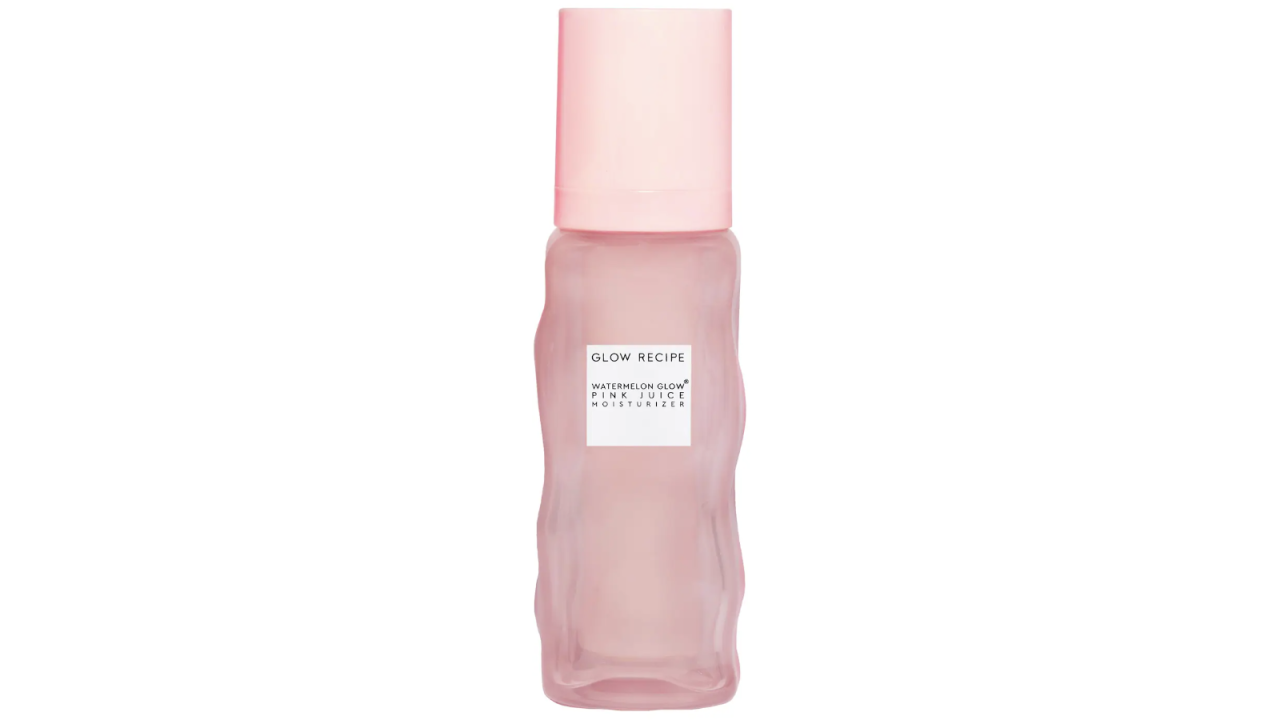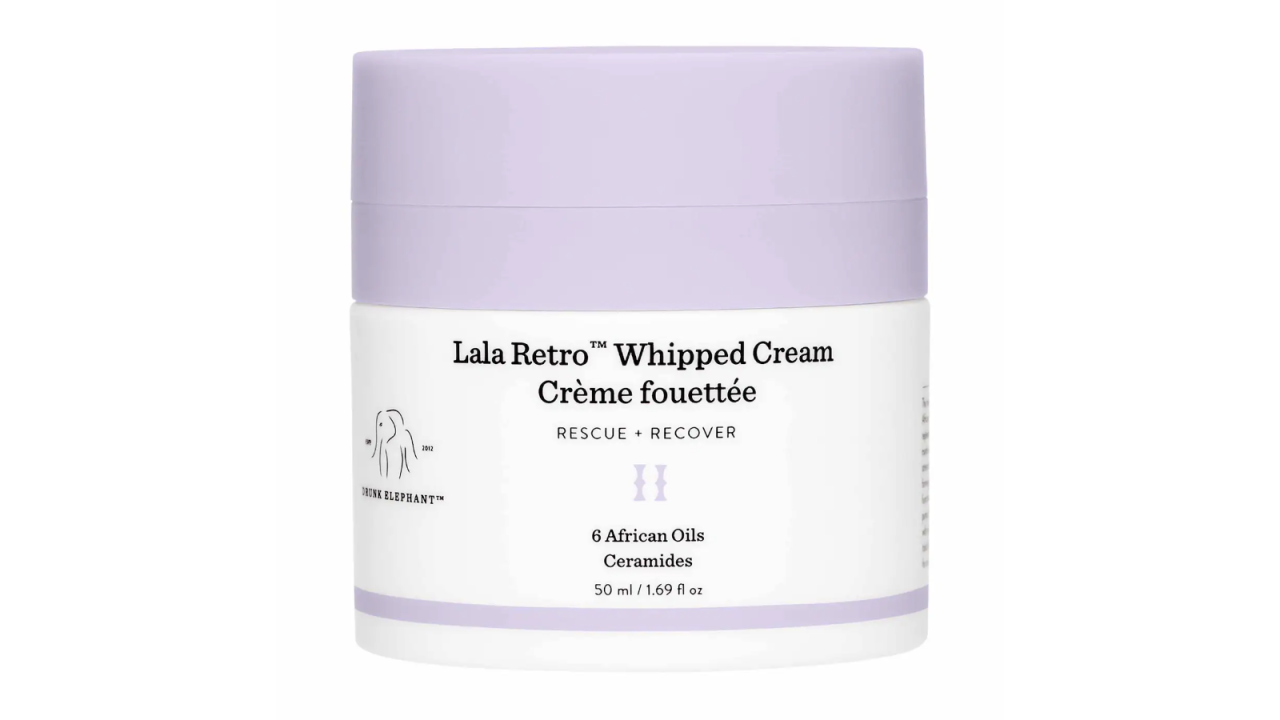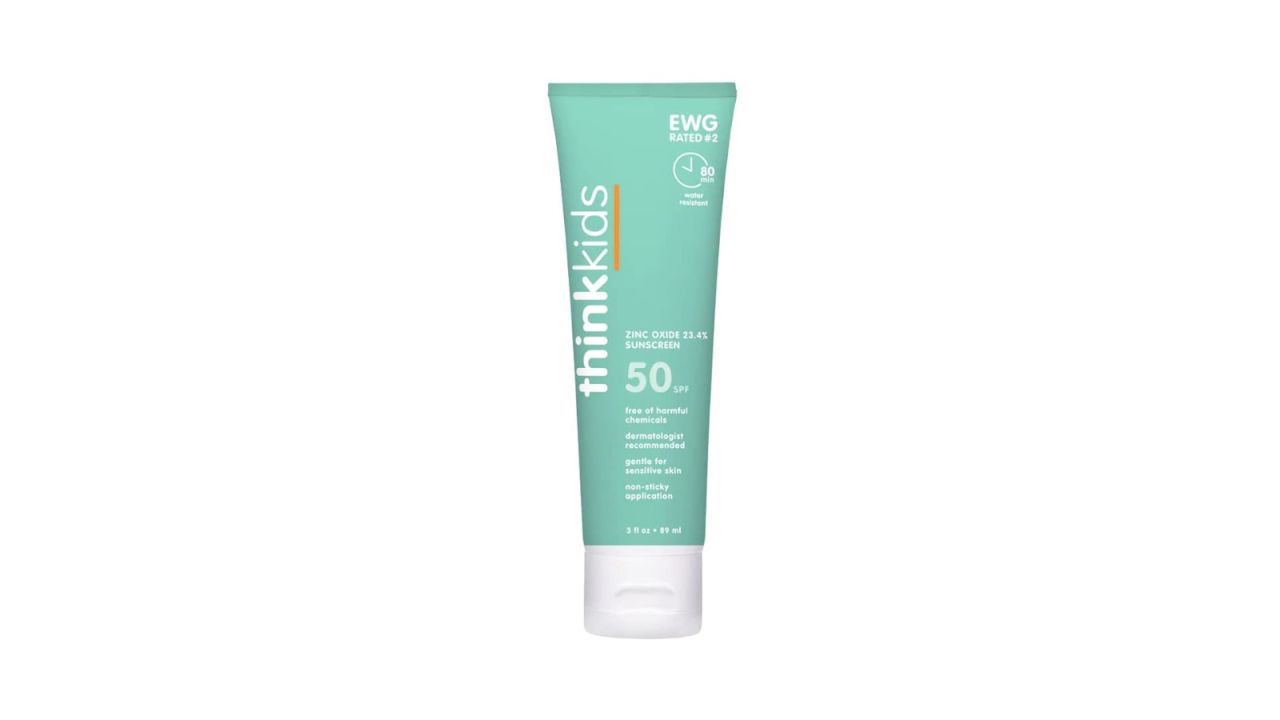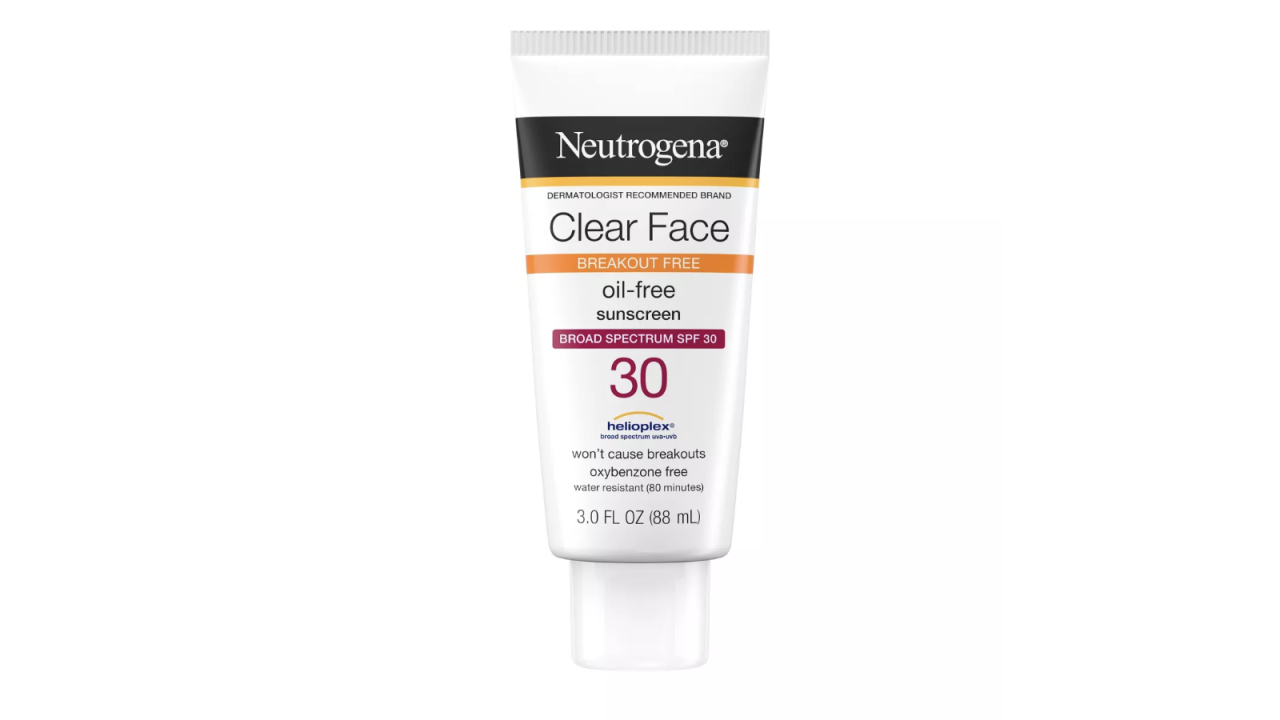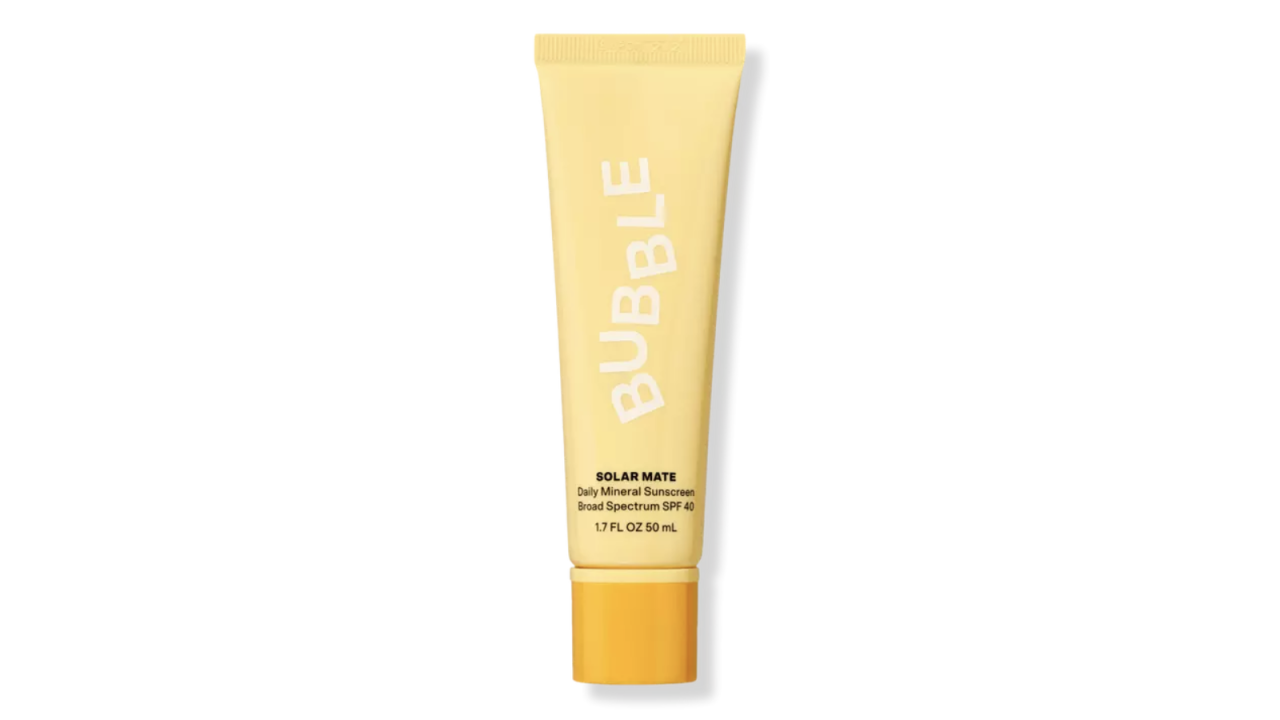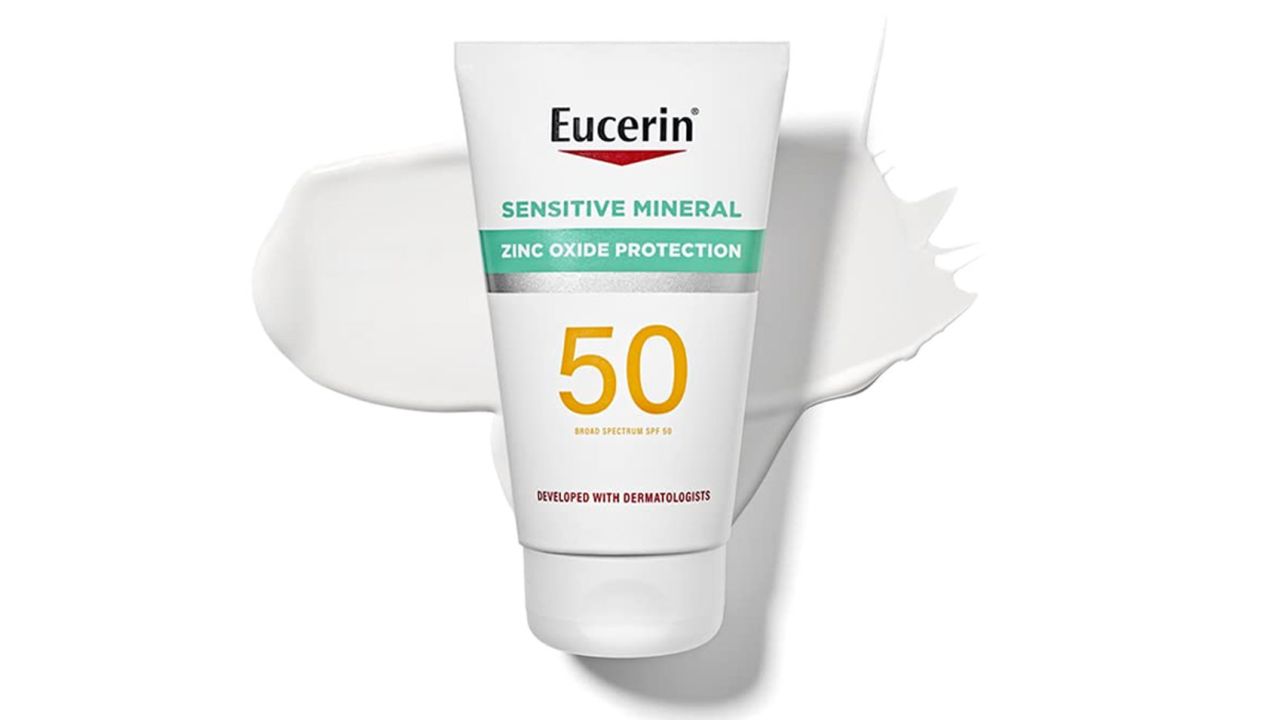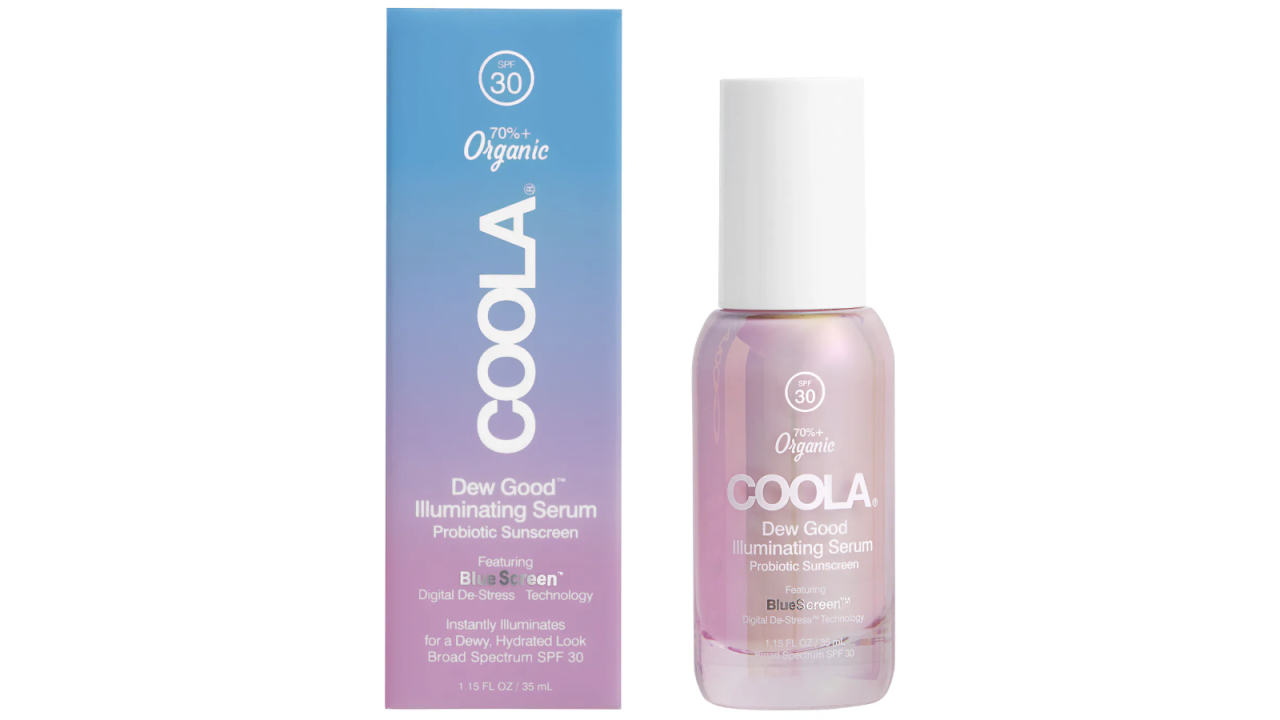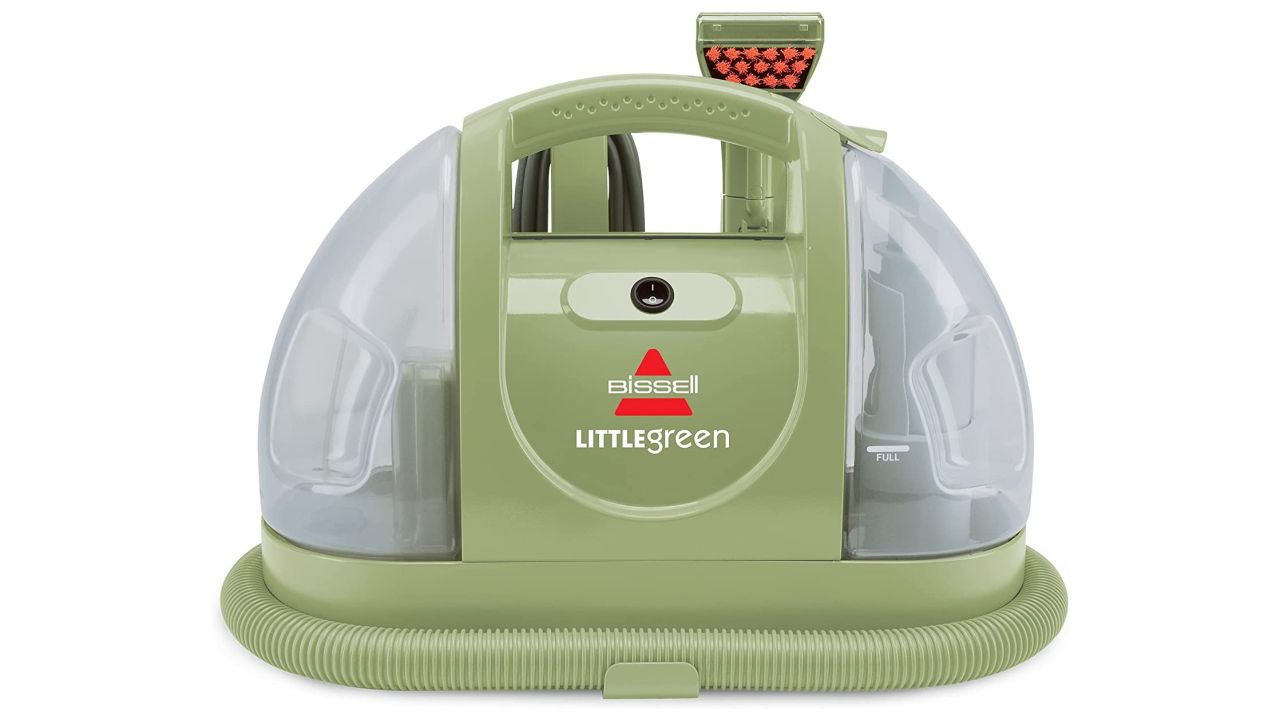While some adults are still trying to wrap their heads around a multi-step skin care routine, young teens and tweens are now pillaging the beauty aisles and layering on the products. Social media has called out these beauty-crazed pre-adolescents, dubbing them “Sephora tweens” or “Sephora kids.” Kids as young as 9 years old covet skin care and cosmetics they’ve seen on social media from buzzy brands like Drunk Elephant, Glow Recipe and more viral favorites. However, experts are warning that these skin care routines can have negative effects — on young skin and minds — in the long run. Ahead, three board-certified dermatologists (who also happen to be parents of tween children) share their advice for building a safe and healthy skin care routine for young teens and tweens.
What skin care is (and isn’t) safe for teens
A main component of the “Sephora tween” trend is that these kids aren’t just interested in skin care products; they are tapped into viral trends and are getting enticed by products being promoted by content creators who are speaking to an older audience. This is dangerous because the kids are being exposed to corrective treatments and that the idea that skin care is a solution to “problems” (oftentimes, natural signs of aging like fine lines and wrinkles) that they are decades away from experiencing. “Children and tweens are sometimes lead to believe there is a problem in their skin that needs to be fixed when really marketing strategies are targeting younger people as an untapped market, and there are no real concerns in the skin at all,” says Dr. Nava Greenfield, a board-certified dermatologist at Schweiger Dermatology Group in New York City and parent to boys ages 12, 9, 7 and 4.
Furthermore, the products that are made for maturing skin are loaded with active ingredients that are generally too harsh for young people. “In general ingredients and products that are designed for skin aging, such as retinol, antioxidants and exfoliating acids should be avoided by teens,” advises board-certified dermatologist Dr. Marisa Garshick.
“There’s a lot of room for education in terms of which types of products are best suited for younger skin in order to start building a healthy skin care routine and which products are superfluous and potentially even harming the skin barrier,” says board-certified dermatologist Dr. Whitney Bowe.
Garshick also notes that just because a product is going viral, doesn’t mean it will be the right fit for everyone’s skin.
“As a result of hormonal changes, teens and tweens may also experience changes in their skin type and skin needs, which may require a change in their skin care routine,” says Garshick. “For this reason, it is important to find a routine that is best for your individual needs and concerns and not just use the product that is trending on social media.” She reminds her own 9-year-old daughter that “just because a product looks pretty and is packaged nicely, doesn’t always mean it is safe for her skin. It is important to remember to focus on the ingredients and remember that less is more.”
Cost is another factor when building a skin care routine for teens and tweens. Each of the derms we spoke to highlighted that while the quality of products is important when treating young skin, that doesn’t mean they need a 10-step routine loaded with luxury products. “Just as I tell my patients that skin care does not need to be expensive to be effective and there are many great affordable options available at the drugstore, this applies to teens and tweens too,” says Garshick.
Bowe adds, “Rather than reaching for expensive, complex routines geared toward mature skin, there are some very price-friendly teen brands on the market today that also have cute, appealing packaging which could make a beginner skin care routine a lot of fun for our skin care-curious kids.”
And with that, let’s get into what a teen and tween skin care routine should look like.
Teen skin care routine steps
All the dermatologists we consulted confirmed that there are just three steps to an effective teen skin care routine: cleanser, moisturizer and sunscreen. Within these categories, teens and tweens can tailor the products to their specific skin type. For example, “tweens with dry, sensitive skin can benefit from a gentle, creamy cleanser, a fragrance-free moisturizer and a hydrating sunscreen,” shares Bowe. On the other hand, the dermatologist says tweens with oily, acne-prone skin may want to try a gel cleanser, lightweight gel-cream moisturizer and oil-free, mattifying sunscreen.
Of course, there are exceptions to the rule. Teens dealing with acne or other skin conditions may need targeted treatments. In that case, “retinoids and exfoliating acids may be considered in teenagers experiencing oily skin or acne,” says Garshick, “but it is always best to first speak with a board-certified dermatologist to determine the best treatment plan.”
Garshick also advises only incorporating one new product into a skin care routine at a time “to minimize any potential reactions that can occur when starting a new product.” This way, you can monitor the skin’s tolerance of new products and catch when mixing ingredients causes sensitivity or irritation.
Ahead, the dermatologists walk us through each step of a basic skin care routine for teens and tweens, and share what’s safe for young skin.
Step 1: Cleanser
“Gentle” was the main word the dermatologists used when describing what formulas are safe for young skin, and this starts with their cleanser. For dry to normal skin, a basic cleanser that has hydrating ingredients should do the trick.
“For teens who are dealing with oily skin or breakouts, it may be recommended to use a medicated wash, such as one containing benzoyl peroxide or salicylic acid,” says Garshick.
Cleanser for teens and tweens
Garshick recommends this basic face wash for a morning cleanser. The formula features skin barrier-supporting ceramides and hydrating hyaluronic acid, so it will wash away makeup and impurities from the skin without stripping it.
Sensitive skin-friendly, this recommendation from Garshick is another reliable option that clears the skin of dirt, pollution and makeup with a hypoallergenic and noncomedogenic formula.
“This product is gentle but has mild active ingredients to help,” says Greenfield. Best for acne-prone skin, it contains?charcoal and tea tree oil to detoxify and prevent breakouts.
Made for Gen Alpha, Avatara only uses gentle actives that are safe for tween and teen skin. This foaming formula is made with kombucha, ceramides and chicory root to balance the skin.
This drugstore staple is an effective cleanser for acne-prone skin. Featuring 4% benzoyl peroxide to bust breakouts, Garshick recommends this as a morning face wash.
Another gentle pick from Garshick, this cleanser is free of soap, dye and fragrance. The foaming face wash removes dirt, oil and makeup, prepping the skin for the rest of your skin care routine.
Step 2: Moisturizer
According to Garshick, ingredients that moisturize the skin, such as hyaluronic acid and ceramides, are generally safe for teens and tweens. While a simple moisturizer can support healthy skin, be wary of creams and lotions that make anti-aging claims and contain ingredients like retinol, vitamin C or other elements that target mature skin concerns.
Moisturizer for teens and tweens
Garshick and Greenfield both recommended this moisturizer. “It has a combination of lipids to hydrate, can be found in local pharmacies and is safe to use on young, delicate skin,” says Greenfield. It also comes in a version with SPF 30, which can be an easy way to make sure your kid is getting sun protection.
Made to standout in the monotonous drugstore skin care aisle and formulated for young skin, Bubble’s products are as effective as they are fun-looking. Garshick recommends this vegan formula that moisturizes and nourishes with avocado oil, vitamin E and aloe leaf juice. Plus, the pump dispenses the cream in the shape of a flower — super cute!
For acne-prone skin, this oil-free moisturizer is a lightweight option that won’t clog pores. It has Garshick’s stamp of approval, and it also earned ours as the?best drugstore moisturizer?we’ve ever tested. The simple formula contains hyaluronic acid and glycerin for a boost of hydration.
Garshick recommends this daily moisturizer, which is a favorite for sensitive skin. It’s made without potentially irritating elements like dyes, lanolin, gluten and parabens. It’s also fragrance-free, which is something Bowe looks for in products for her daughter.
“I don’t encourage my daughter, who has sensitive, reactive skin, to use heavy fragrance and essential oils in leave-on products,” says Bowe. “Certain fragrances and essential oils especially at higher concentrations can cause irritation, and regular use can also increase the risk of developing a skin allergy over time (even years later).”
For kids looking for a bit more pizzazz in their skin care routine, Garshick says this refreshing moisturizer is a great option. The gel formula contains hyaluronic acid, glycerin and watermelon extract — and it even smells like the juicy fruit.
This refillable moisturizer is a valid splurge for teen skin care connoisseurs. It’s nourishing enough for a?nighttime routine?but also works beautifully under makeup. Garshick says the ceramide and lipid-rich cream is best for those with dry skin.
Step 3: Sunscreen
“Be gentle with your skin and the most important part is prevention — sunscreen and sun protection!” reminds Greenfield. “Protecting the skin from UV exposure in childhood can help to reduce the [chance of] skin cancer later in life,” adds Garshick.
Choosing an SPF that teens will want to wear everyday is the important part here. Thankfully, there are plenty of face sunscreens that feel nice to apply and blend in invisibly.
Sunscreen for teens and tweens
One of Garshick’s picks, this oil-free sunscreen provides SPF 50 protection, plus a boost of antioxidant benefits from vitamin C, vitamin E and more. With a matte finish and oil-absorbing minerals, this product is best for oily and acne-prone skin.
Opting for a mineral sunscreen is one way to ensure you're avoiding any of the potentially harmful sunscreen ingredients. This zinc oxide SPF is formulated to be gentle on the skin, while taking into account the active lifestyle of kids.
Garshick likes this oil-free sunscreen that is noncomedogenic and has a lightweight texture. It’s safe and sensitive skin-friendly, has a matte finish and feels comfortable — not heavy or greasy — on the skin.
Bubble’s mineral sunscreen easily absorbs into the skin for a weightless and invisible layer of sun protection. Made with acne-prone skin in mind, it won’t clog pores and even features botanical extracts that help balance and brighten the complexion.
This top-rated zinc oxide sunscreen provides broad-spectrum mineral protection. Greenfield says it “applies smoothly,” which makes it easy to blend in without a trace of a white cast.
Standing out from typical cream-based sunscreens, this lightweight serum feels elegant to apply and delivers a plump, glowy look. Coola’s organic, probiotic technology helps support the skin barrier while SPF 30 protection defends against UV damage.

